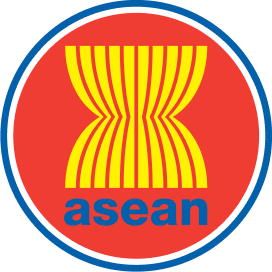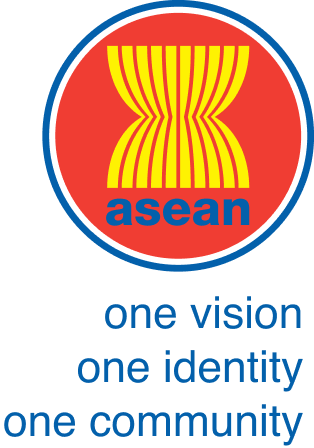 Overview
Overview
The adoption of the ‘ASEAN Way’ is achieved through forms of negotiation that are achieved through informal institutional engagement, such as inter-committee consultation rather than formal committee meetings. The preference for minimal institutional development and formal protocol is very conducive to consensus building (Severino, 2006). This is a ‘soft institutionalism‘ that has used the thin identity approach, adopting discreteness and non-confrontation (Baba, 2016, p. 104). This combination of characteristics has been credited with strengthening cooperation and consolidating a regional identity (A. Acharya & Johnston, 2007, pp. 268–270).
Key Findings
Policy Implications
The emergence of intra-state nationalist movements may be a call to reframe the national identity in a more accommodating narrative, which recognises the value of embracing multiple identities in a diverse nation. This new narrative would promote more flexible and inclusive definitions of peoplehood by recognising multiple and distinct histories, languages, and ways of life across religious and ethnic identities.
The conservation and destruction of heritage are political acts, and both have been used by governments and private actors to influence the course of conflicts and war. This makes it important to think about how to consider the characteristics of ‘commonness’ in the contexts of a region with a recognised diversity of peoples and their use of tangible and intangible forms of heritage.
With the growing concern about adverse implications for planetary health, it becomes crucial to directly address how to create a sustainable relationship between humans, non-humans and the natural world. The design of cultural policies that focus on how human communities regard communities of non-humans and could be encouraged to manage sustainable habitats, would improve the sustainability prospects for the region.











